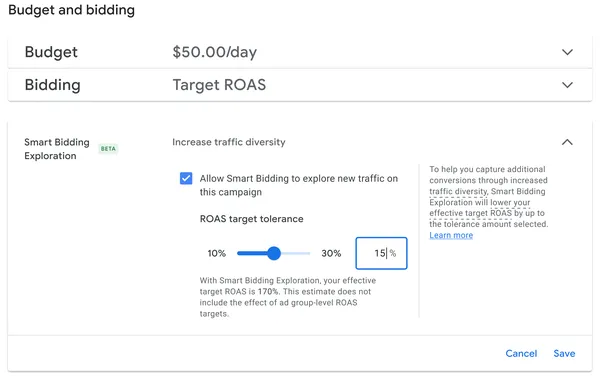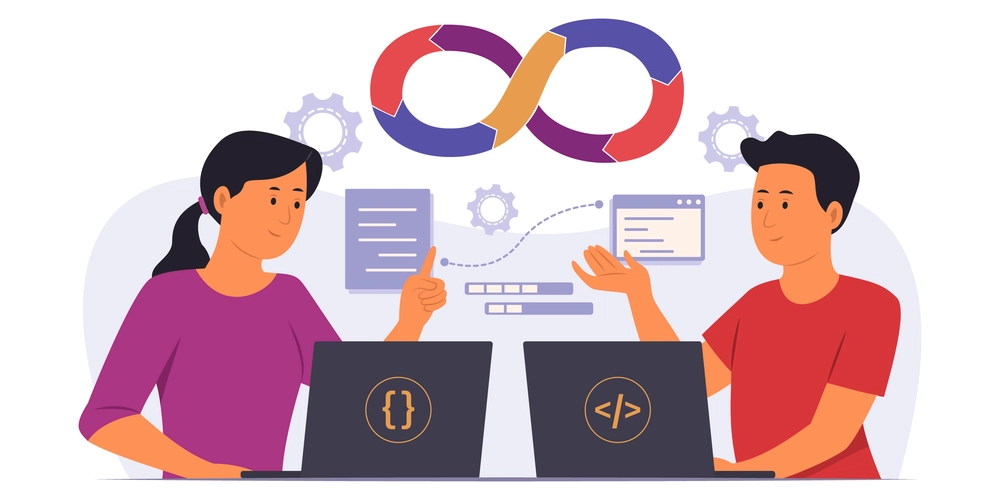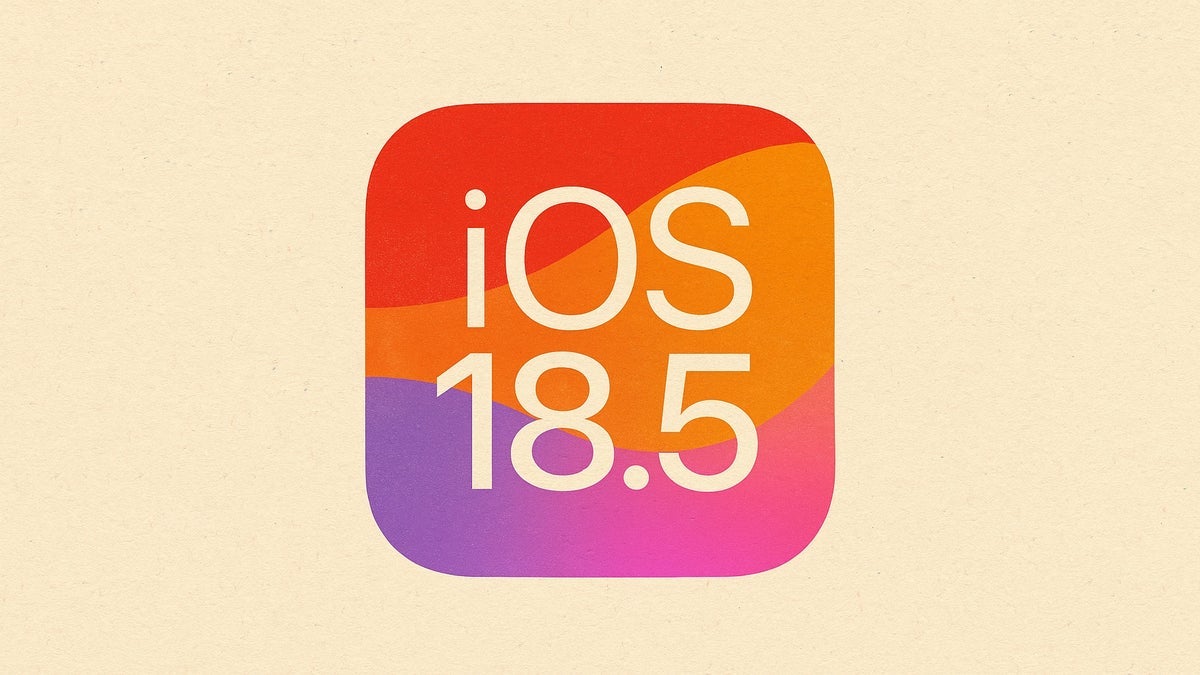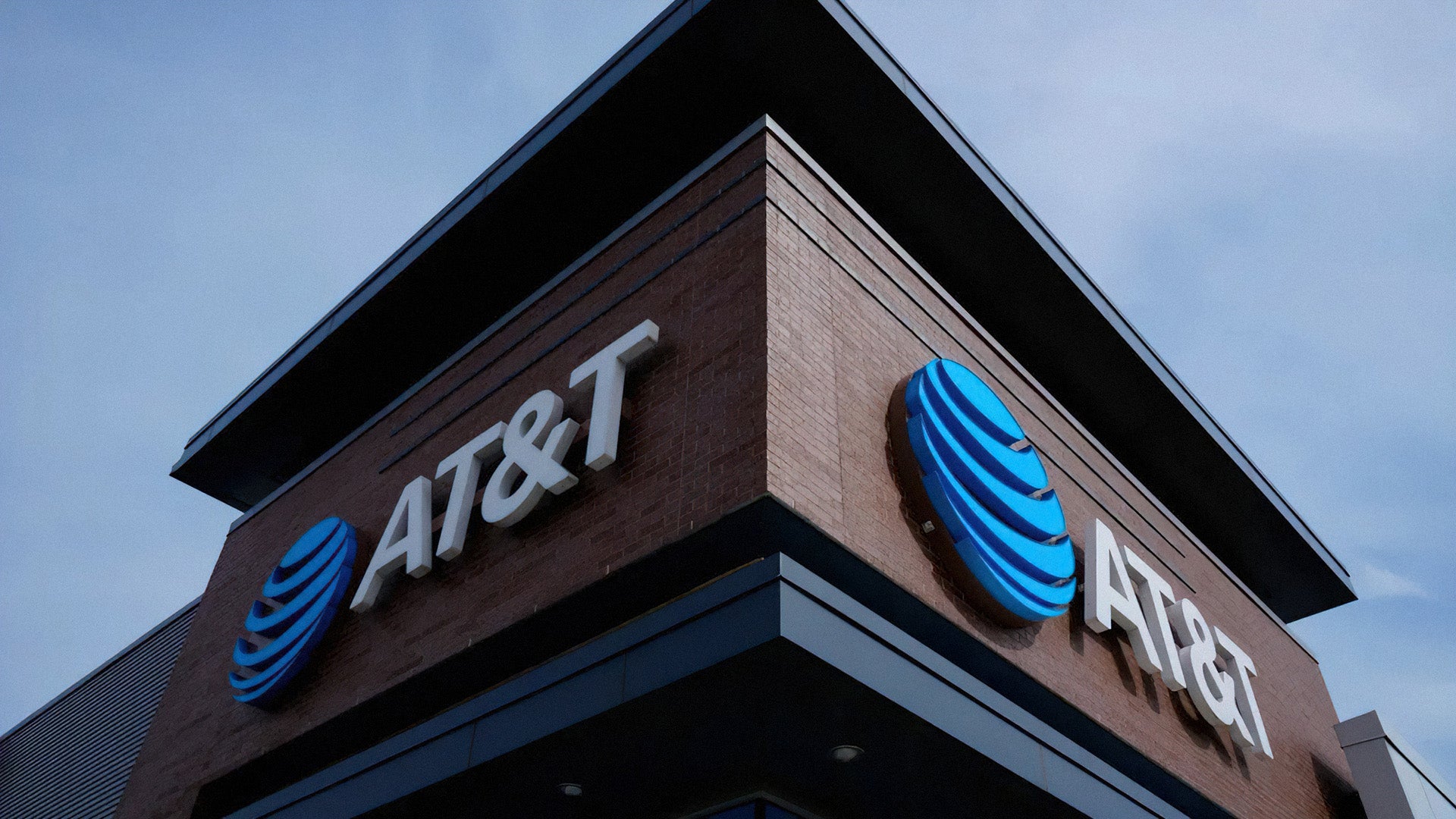The Role of Big Data in Personalizing User Experience for White-Label Sportsbooks
Discover how big data boosts personalization and user engagement in white-label sportsbooks for smarter, data-driven betting experiences.

Big data is playing a huge part in how sports betting platforms operate today. Its influence is especially significant when it comes to making user experiences more personalized and engaging. For white-label sportsbooks, this is not just a nice-to-have feature—it’s quickly becoming a must.
Personalization driven by data helps these platforms offer betting options, promotions, and content that feel relevant to individual users. This makes users more likely to return and place bets, helping operators grow their businesses more effectively.
Many white label sports betting software providers are now focusing on integrating big data tools that help them stay competitive in a fast-evolving market. By understanding what users want and how they behave, these providers can offer more meaningful and customized experiences.
Let’s explore how big data is changing the game for white-label sportsbooks and making sports betting more user-focused than ever before.
What is Big Data in the Context of Sports Betting?
Big data refers to large volumes of data collected from various sources, which can be analyzed for patterns, trends, and associations. In the sports betting world, this includes:
-
User betting history
-
Device and location data
-
Click and scroll behavior on the platform
-
Social media and external web activity
-
Live sports data and statistics
When processed correctly, this data can provide valuable insights into user preferences and habits.
Why Personalization Matters in Sportsbooks
Imagine logging into a sportsbook and instantly seeing bets that align with your favorite teams, sports, or betting styles. That level of personalization doesn't just make the experience more enjoyable—it also keeps users coming back.
Personalization helps with:
-
Enhancing user engagement
-
Increasing session time
-
Boosting conversion rates
-
Reducing churn
A white label sportsbook provider can utilize big data analytics to implement these personalization strategies effectively, giving them a competitive edge in a crowded market.
How Big Data Helps Understand User Behavior
Big data analytics can uncover hidden patterns in user activity. For example, it can determine which types of bets a user prefers—like parlays over straight bets—or which sports they follow the most.
By tracking user journeys on the site, sportsbooks can see which sections users linger on and which promotions they respond to. This data can be used to present relevant content in real-time, increasing the chances of user engagement.
Customizing Offers and Promotions
Big data allows sportsbooks to create personalized promotions based on user history. For instance, a user who frequently bets on NBA games might receive a bonus offer right before a major match. These targeted promotions feel more relevant and are more likely to be redeemed.
Moreover, A/B testing of promotions can be enhanced using big data. Sportsbooks can test multiple versions of an offer and use real-time data to determine which version performs better with specific user groups.
Real-Time Recommendations
One of the biggest advantages of big data is its ability to provide real-time insights. A user watching a live game can receive in-game betting suggestions based on the current state of the match and their historical betting preferences.
This level of real-time personalization creates a dynamic and interactive user experience. It makes users feel like the platform understands their interests and keeps them engaged longer.
User Segmentation and Targeting
White-label sports betting software providers can use big data to group users into different segments based on demographics, behavior, and preferences. These segments help in creating customized marketing campaigns, UI experiences, and bet recommendations for each group.
For example, casual weekend bettors might be shown simplified betting options and educational content, while experienced users might receive advanced statistics and high-stakes promotions.
Predictive Analytics for User Retention
Big data enables predictive modeling, which helps anticipate user actions. By analyzing patterns in user activity, sportsbooks can identify when a user is likely to stop engaging with the platform.
This insight allows sportsbooks to intervene with timely incentives like bonus credits, exclusive bets, or personalized messages, encouraging users to stay active.
Personalized Content and News Feeds
Some white-label platforms integrate sports news and updates. Big data can tailor these feeds based on what sports or teams a user follows most. A football fan may see articles about upcoming matches, injury reports, and historical betting odds specific to their favorite league.
This keeps users informed and engaged, making the platform a one-stop destination for all their sports and betting interests.
Enhancing User Interface and Experience
Analytics drawn from big data can help in refining the user interface. Heatmaps and click-tracking reveal how users navigate through the platform, which features they use the most, and where they tend to drop off.
This information can guide UI/UX improvements, ensuring that the layout is intuitive and the content is easily accessible. Even small tweaks, like repositioning a "Place Bet" button or changing the color of alerts, can have a significant impact on user satisfaction.
Integration with Sports Betting API Providers
Many platforms rely on third-party sports betting API for real-time odds, live scores, and betting markets. Big data analytics work hand-in-hand with these APIs to enrich user experience.
For example, if the data shows that a user frequently bets during halftime, the platform can use the API to highlight live odds specifically during that period. This smart integration creates a more responsive and personalized betting experience.
Responsible Gambling and Big Data
Personalization isn't just about making the experience more enjoyable—it can also be used to promote responsible gambling. Big data helps identify risky behaviors, such as chasing losses or placing increasingly larger bets.
With this information, sportsbooks can set up automated alerts or offer tools that encourage responsible play. Some platforms even limit bet amounts or temporarily restrict access for users showing signs of problem gambling.
This not only helps protect the users but also builds trust and credibility for the platform.
Challenges in Implementing Big Data Personalization
While the benefits are clear, implementing big data strategies isn’t without its challenges:
-
Data Privacy: With more data comes greater responsibility. Platforms must ensure compliance with data protection laws.
-
Data Integration: Combining data from various sources (web, app, APIs) can be complex.
-
Real-Time Processing: Delivering insights in real time requires efficient infrastructure.
Despite these hurdles, many sportsbook software providers are investing heavily in building the right tools and systems to harness the power of big data.
Future Trends: AI and Machine Learning
Looking ahead, the integration of AI and machine learning will take personalization to the next level. These technologies can analyze even more variables, learn from user interactions, and adapt recommendations instantly.
Imagine a system that learns your betting style so well that it can predict the types of bets you're likely to place before you even log in. This is the kind of experience users will come to expect.
Conclusion
Big data is not just a buzzword—it's a transformative force in the sports betting industry. For white-label sportsbooks, it offers an incredible opportunity to personalize user experiences in ways that were not possible before.
From understanding behavior to real-time recommendations, from predictive analytics to personalized news feeds, big data is the foundation on which future-ready sportsbooks are being built. And as user expectations evolve, platforms that invest in data-driven personalization will likely lead the pack.
To stay competitive, sportsbook software providers must embrace big data not just as a feature, but as a core part of their user engagement strategy.































































.jpg)















































































































![[The AI Show Episode 148]: Microsoft’s Quiet AI Layoffs, US Copyright Office’s Bombshell AI Guidance, 2025 State of Marketing AI Report, and OpenAI Codex](https://www.marketingaiinstitute.com/hubfs/ep%20148%20cover%20%281%29.png)


![[The AI Show Episode 146]: Rise of “AI-First” Companies, AI Job Disruption, GPT-4o Update Gets Rolled Back, How Big Consulting Firms Use AI, and Meta AI App](https://www.marketingaiinstitute.com/hubfs/ep%20146%20cover.png)














































































































































































.jpg?width=1920&height=1920&fit=bounds&quality=70&format=jpg&auto=webp#)



































































.jpg?width=1920&height=1920&fit=bounds&quality=70&format=jpg&auto=webp#)





















_Alan_Wilson_Alamy.jpg?width=1280&auto=webp&quality=80&disable=upscale#)
_pichetw_Alamy.jpg?width=1280&auto=webp&quality=80&disable=upscale#)




















































































-xl.jpg)



























![Apple Leads Global Wireless Earbuds Market in Q1 2025 [Chart]](https://www.iclarified.com/images/news/97394/97394/97394-640.jpg)

![OpenAI Acquires Jony Ive's 'io' to Build Next-Gen AI Devices [Video]](https://www.iclarified.com/images/news/97399/97399/97399-640.jpg)
![Apple Shares Teaser for 'Chief of War' Starring Jason Momoa [Video]](https://www.iclarified.com/images/news/97400/97400/97400-640.jpg)


































































